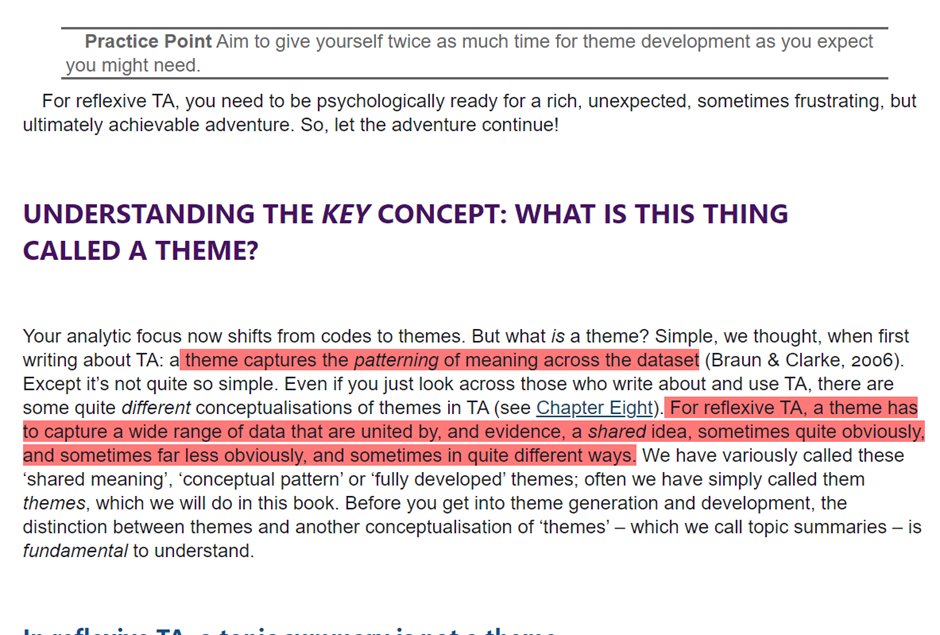Listening to the #MedEd roundtable @UniMelbMDHS.
They're talking about trust. Immediately I think of Brene Brown, Onora O'Neill, and most recently @CasDamian's paper.
They're talking about trust. Immediately I think of Brene Brown, Onora O'Neill, and most recently @CasDamian's paper.

"Trust is evidence resistant" according to @AndreaRizziMelb. It works on a number of different levels as outlined in this slide. 

Trust signalling is a rhetorical device.
Interesting - as an anaesthetist I recognise I trust signal to the patient that I'm going to take good care of them when I render them unconscious to decrease their anxiety.
Interesting - as an anaesthetist I recognise I trust signal to the patient that I'm going to take good care of them when I render them unconscious to decrease their anxiety.

Trust reminds me of my training. When rotated outside Liverpool Hospital, other hospitals tended to trust me more than trainees from other institutions because of the reputation our trainees had.
We also talk about trainees from X or Y and they have certain characteristics.🤣
We also talk about trainees from X or Y and they have certain characteristics.🤣

Very interesting.
I remember a friend in MBBS5 who was a little late to a tutorial because the tram was late. He was publicly castigated by the clinician.
The socialisation begins in medical school, doesn't it?
I remember a friend in MBBS5 who was a little late to a tutorial because the tram was late. He was publicly castigated by the clinician.
The socialisation begins in medical school, doesn't it?

Is catering for culturally and linguistically diverse patients more than just providing a translator? Does having a translator generate trust? 

• • •
Missing some Tweet in this thread? You can try to
force a refresh














